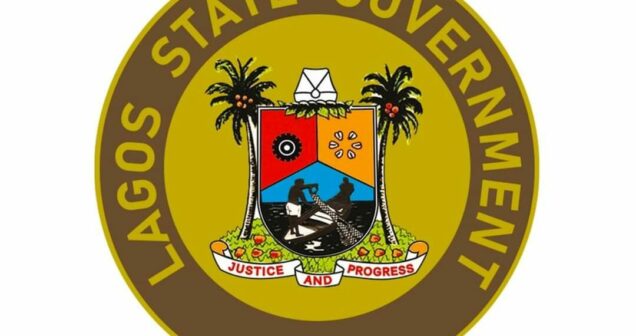The Lagos State Government has reaffirmed its commitment to attracting investors into waste-to-energy, waste-to-wealth, and liquid waste management projects as part of efforts to strengthen climate resilience and sustainable growth.
Commissioner for the Environment and Water Resources, Mr. Tokunbo Wahab, gave the assurance while speaking as a panelist during Harvard University’s Climate Action Week, themed “Rising Seas, Resilient Communities, Climate Adaptation Strategies in West Africa.”
Wahab said the Governor Babajide Sanwo-Olu administration had developed a comprehensive Climate Adaptation and Resilience Plan, alongside two pre-feasibility studies on waste-to-energy and wastewater projects to underscore government’s commitment.
“With a population of over 20 million generating about 13,000 metric tonnes of waste daily, Lagos must adopt sustainable and climate-friendly approaches. We now see waste as a resource for energy and wealth, ensuring less ends up in landfills,” he stated.
He disclosed that the state signed an agreement 18 months ago with a Ghanaian company to process 4,000 tonnes of municipal waste daily into compost fertilizers, recyclable plastics, and other by-products, while also establishing a transfer station for difficult waste. The initiative, if successful, would pave the way for the decommissioning of Lagos’ largest landfills at Olusosun and Solous.
Highlighting the state’s vulnerabilities as a coastal city, Wahab warned that rising sea levels, heavy rainfall, and extreme heat have intensified flooding risks. He noted that government investments in resilient drainage infrastructure, strict enforcement against encroachment on floodplains, and citizen sensitisation against indiscriminate dumping were key strategies to mitigate these threats.
The commissioner further raised concerns about large-scale land reclamation, which has expanded Lagos’ landmass from 3,577 to 4,050 square metres, largely for real estate purposes. He stressed that government now mandates Environmental Impact Assessments (EIA) and drainage master plans for all reclamation projects to protect stormwater management systems.
“These measures show that Lagos is not only confronting today’s challenges but also positioning itself as a regional leader in sustainable climate action,” Wahab said.















